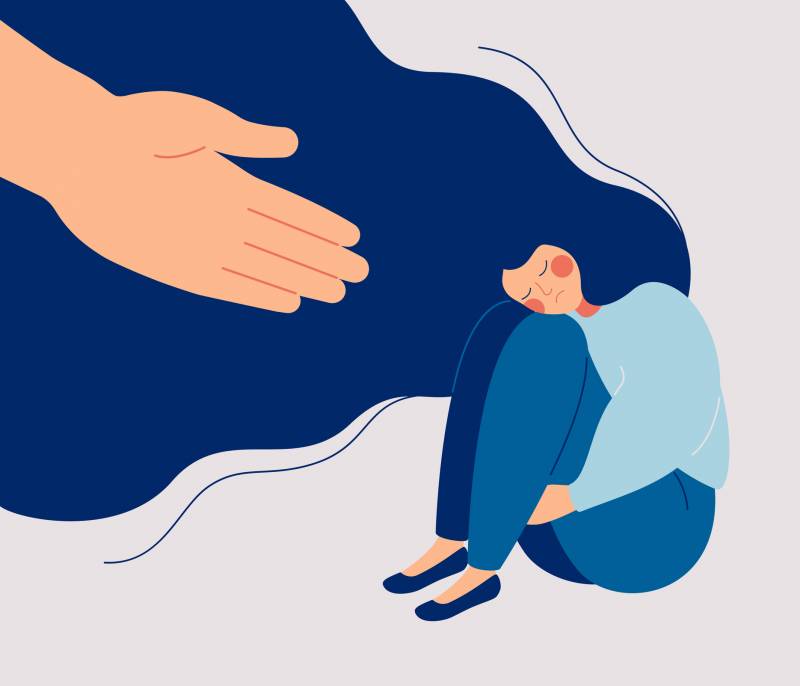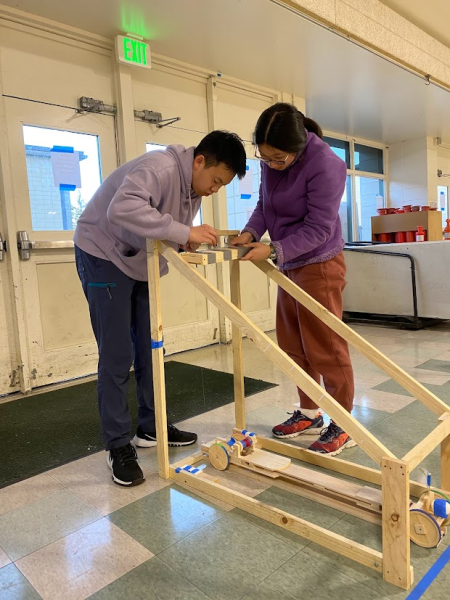POV: the blurred line between being a hypocrite and being authentic
When I tell people I am an advocate for mental health and spread the message of seeking help through various organizations, the reaction I receive has been pretty similar — their eyes widen a fraction, their lips spread apart as if to ask thousands of questions but unable to form even one and the inevitable follow up comment always comes up about how seeking help should come natural to me.
It should seem almost elementary then as an advocate, that I hold the same beliefs as what I am advocating for. Don’t get me wrong — I do, but it’s a little more complicated than that.
When I first joined mental health organizations, I couldn’t think of anything more exhilarating. I never thought I would ever find a place that was so inclusive and so filled with people who had the same goal in mind. At one of the conferences I attended, the keynote speaker discussed seeking help and the stigmatization of that action. He said that seeking help is only frowned upon by those who are preventative in creating progress for themselves. Seeking mental health care is the first step in improving the quality of life that one leads, and ultimately should be seen as a catalyst for progressive change rather than a detriment to routine. The energy I’d feel everytime I walked into those meetings coursed through me and the tangible impact we made in the mental health community through panels, resources and various events only served as fuel to this unquenchable thirst I’d acquired.

What really set being a part of those organizations was the end vision and the message we advocated for: that seeking help for your mental health is encouraged and not frowned upon. Slowly initiating conversations about mental health in order to destigmatize the topic is the most rewarding part of what I do. However, despite the affinity I have for mental health, I had secretly always felt like a hypocrite as I never once envisioned myself seeking the same help. Granted, I was severely miseducated.
One common misconception I had was I had to be suffering mentally in order to seek help, and while this is definitely advised, I didn’t realize therapy is and could be preventative. There are endless benefits to changing the system to be a preventative, proactive system, including that this would be more cost-effective, better for the patients’ outcomes and more powerful in fighting the stigma and re-shaping how we think about mental health, according to the American Addiction Centers.
I didn’t think therapy could be preventative, and my mindset was fixed. Physical checkups I have yearly with my doctor feel normal to me because that’s what I’ve always done, but I didn’t consider mental health to be just as important and should hold the same level of significance in society. Therapy is not only for those whose mental health is deteriorating, but for everyone regardless of the stage of life they are in, how happy they are or how much they think they need it. Switching my mindset to be more open to the multitude of possibilities the mental health community has to offer has made me a more inclusive, accepting and enlightened person.











